Movies
Explore Movies
-
Action Movies
-
Adventure Movies
-
Amazon Prime Movies
-
Animated Movies
-
Anime Movies
-
Apple TV Movies
-
Biographical Movies
-
Christmas Movies
-
Comedy Movies
-
Crime Movies
-
Disney Plus Movies
-
Drama Movies
-
Family Movies
-
Fantasy Movies
-
HBO Movies
-
History Movies
-
Horror Movies
-
Hulu Movies
-
Live Action Movies
-
Movies Features
-
Movies News
-
Movies Reviews
-
Musicals
-
Mystery Movies
-
Netflix Movies
-
Rom Coms
-
Romance Movies
-
Sci-Fi Movies
-
Sport Movies
-
Superhero Movies
-
Thriller Movies
Latest about Movies
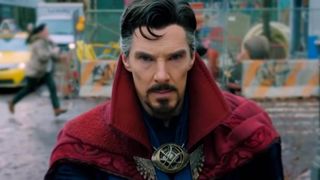
Benedict Cumberbatch's new horror movie is splitting critics with some saying that it "wastes" the Marvel and Sherlock star
By Nick Staniforth published
News Critics say the actor's latest "isn't scary enough"

Hideo Kojima has just given his seal of approval to one of 2024's best but most underseen horror movies
By Nick Staniforth published
News The Death Stranding creator has an A24 gem "stuck in his mind."
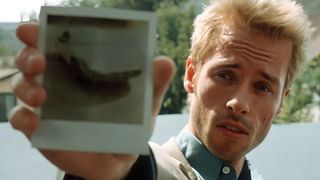
Guy Pearce reveals that he thinks he's "sh*t" in Christopher Nolan's Memento, as he reflects on its 25th anniversary: "I hate what I did"
By Nick Staniforth published
News The Brutalist star describes his turn as Leonard Shelby as "nails on a chalkboard."
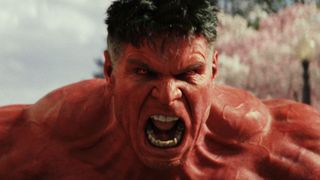
Harrison Ford hopes that he doesn't "disappoint" fellow Marvel star Mark Ruffalo with his performance as Red Hulk in Captain America: Brave New World
By Nick Staniforth published
News "He wasn't available for consultation. I just had to wing it," says Ford

Nosferatu director Robert Eggers is doing something "that’s not been done before" with his new upcoming horror movie
By Nick Staniforth published
News Cinematographer Jarin Blaschke suggests the director could transform an iconic monster with his next project, Werwulf
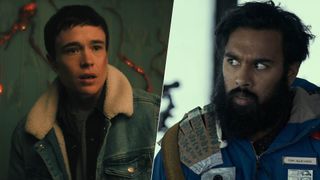
Christopher Nolan's upcoming movie The Odyssey sees its already stacked cast grow, as Inception and Tenet stars reunite with the director
By Nick Staniforth published
News Elliot Page and Himesh Patel are among the new recruits boarding Nolan's massive movie
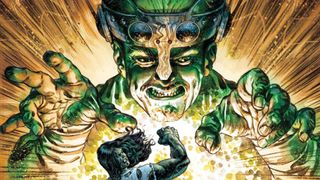
Captain America: Brave New World – The comic history of The Leader, the mysterious Gamma-powered mastermind hiding in the shadows
By George Marston published
Feature Tim Blake Nelson is returning to the MCU as the Leader after 17 years
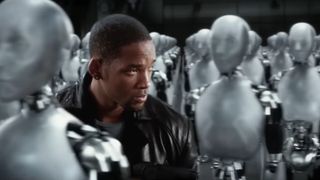
The 33 greatest Will Smith movies
By Eric Francisco published
Feature From outer space to the wild west, the Fresh Prince has done it all

The goriest Japanese horror movie I’ve ever seen is getting a modern remake from original Speak No Evil director
By Megan Garside published
News I just hope they keep the acupuncture scene in
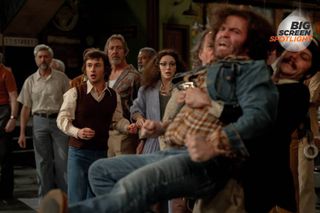
Live from New York… it's nervous laughter! How Ghostbusters' Jason Reitman nails the all-too-rare dread-inducing comedy with new Saturday Night Live movie
By Amy West published
Big Screen Spotlight Big Screen Spotlight | Jason Reitman's Saturday Night is the perfect combination of Sorkin-style dialogue, goofy gags and nail-biting tension
Sign up to the 12DOVE Newsletter
Weekly digests, tales from the communities you love, and more
